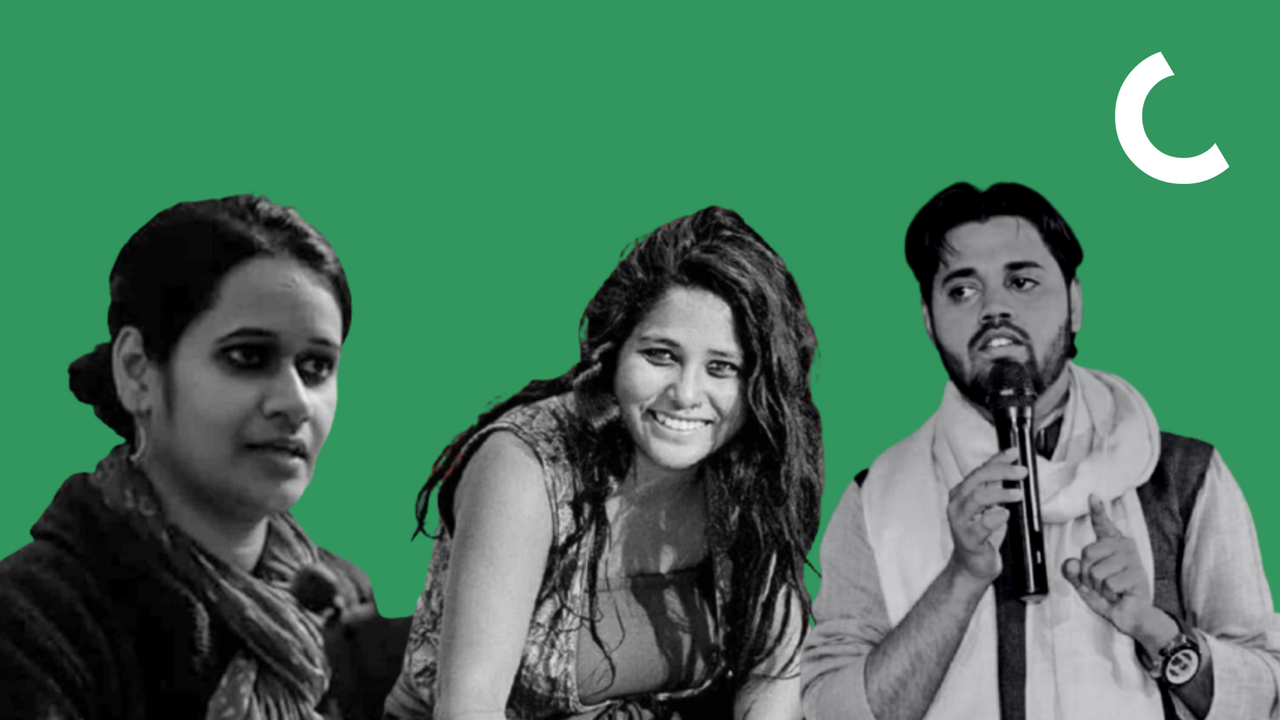A day after the Delhi High Court granted bail to student activists Asif Iqbal Tanha, Natasha Narwal, and Devanagana Kalita in the northeast Delhi riots conspiracy case, the Delhi Police has approached the Supreme Court challenging the order.
The appeal was filed on Wednesday morning against the judgment delivered by the bench of Justices Siddharth Mridul and Anup J Bhambhani, Bar and Bench reported.
In granting the bail to the three activists under the draconian Unlawful Activities Prevention Act (UAPA), the Delhi High Court had observed that in the mind of the State, the “line between the constitutionally guaranteed right to protest and terrorist activity seems to be getting somewhat blurred. If this mindset gains traction, it would be a sad day for democracy”.
The court said the three of them are were not found guilty under section 15, 17 or 18 (UAPA) according to the evidence furnished against them.
“We are not persuaded to think that prima-facie the accusations made against Natasha Narwal make-out any offence under sections 15, 17 and 18 of the UAPA; and therefore the stringent conditionality contained in section 43D(5) of the UAPA would not apply,” the bail order in Narwal’s case reads. “A closer reading of the allegations made against Natasha Narwal shows that no specific, particularized or definite act is attributed to her, apart from the admitted fact that she engaged herself in organising anti-CAA and anti-NRC protests.”
The High Court noted in Iqbal’s order that in the chargesheet, there were no specific allegations other than “those sought to be spun by mere grandiloquence”.
Tanha is a student pursuing his final year of B.A. (Hons.) (Persian) Programme at Jamia Millia Islamia. He was arrested in the Delhi riots case under UAPA in May 2020 and has been in continuous custody since then. Narwal and Kalita are scholars at Jawaharlal Nehru University, who are associated with the Pinjra Tod Collective. They have also been in custody since May 2020.
According to the Delhi Police, following the Citizenship Amendement Act, the three, along with other accused persons, conspired to cause disruption at an unprecedented scale in the national capital.
The High Court, while granting bail to Kalita and Narwal, observed that the State, in its anxiety to suppress dissent, blurred the line between the constitutionally guaranteed right to protest and terrorist activity.
“We are constrained to say, that it appears, that in its anxiety to suppress dissent and in the morbid fear that matters may get out of hand, the State has blurred the line between the constitutionally guaranteed ‘right to protest’ and ‘terrorist activity’. If such blurring gains traction, democracy would be in peril,” the order said.
Related
Ghazala Ahmad is the Delhi Correspondent for The Cognate.












































